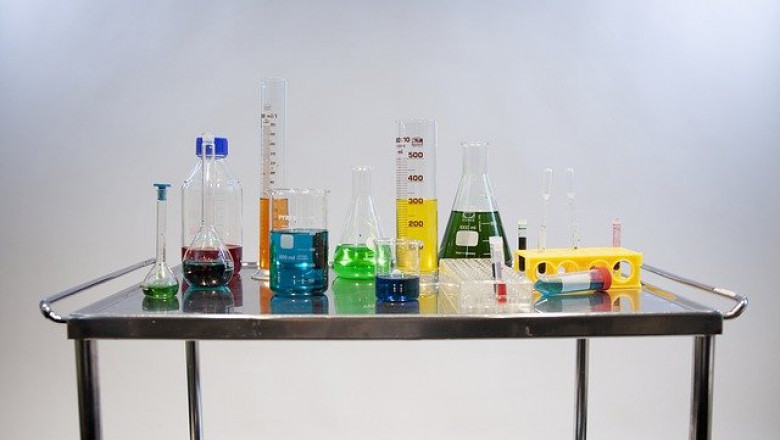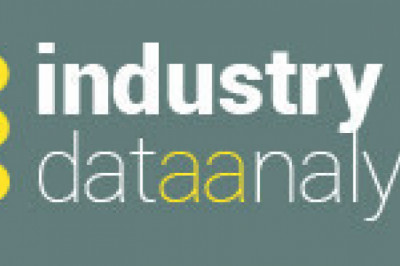views

The global industrial lubricants market size is projected to reach USD 73.3 billion by 2024 from USD 62.8 billion in 2019, at a CAGR of 3.1%, during the forecast period. The growing demand for industrial lubricants in countries such as China, India, Japan, and South Korea from the construction, metal & mining, power generation, cement production, and automotive industries is expected to fuel the growth of the industrial lubricants market in the region. The market is evolving, with major players playing a crucial role in the development of new and advanced products.
Royal Dutch Shell (Netherlands), ExxonMobil Corporation (US), BP p.l.c. (UK), and Total S.A. (France) are the major players in the industrial lubricants market. Royal Dutch Shell (Netherlands) is focused on expansions, new product launches, and agreements to meet the growing demand in the market. In May 2019, the company opened its first lubricant laboratory in India. The laboratory will serve as services provider for the growing demand for innovative lubricant products both in automotive and industrial segments. It launched E-fluids for electric vehicle (EV) in the same year. The products include E-Transmission Fluids, E-Thermal Fluids, and E-Greases, which will help improve EVs and other battery-operated vehicle performance. In May 2018, Shell Lubricants and Aggreko renewed supply contracts which helped Shell become the largest lubricant supplier to Aggreko in Russia, APAC, and the Americas. The expansion helped the company to meet the growing demand for industrial lubricants.
ExxonMobil (US) is focused on new product launches and expansions to meet the growing demand for industrial lubricants. In June 2019, the company completed the expansion of its Singapore refinery. The facility will strengthen the supply for group II EHC base oil, which is used for manufacturing premium-grade lubricants. In January 2019, it launched and commercialized EHC50 and EHC120 grade products from its Rotterdam Refinery. This will help the company to improve its industrial lubricants market position in the group II oil-based lubricants market, as the company manufactures base oil as well as finished products. In December 2018, ExxonMobil completed the expansion of its Rotterdam refinery, which will see an increase in production of Group II base oil for lubricants. All these strategies have helped the company to become the world’s largest producer of group I and group II base oils.
BP PLC (UK) focuses on expansions and new product launches to strengthen its position in the industrial lubricants market. In December 2019, it introduced its Castrol Edge Bio-synthetic into China. This is a synthetic base engine oil containing 25% plant-based base oil. This will help BP to strengthen its market position in premium synthetic lubricant market in Asia Pacific. In January 2018, the company launched a new product called Castrol GTX ECO, which is manufactured from 50% re-refined base oil. This has helped the company to fulfil its sustainable development targets as well as diversified its portfolio. In December 2017, BP set up the largest new lubricant plant in China. It will be BP’s third lubricant blending plant in China, and with expected investment of around RMB1.5 billion (US$230 million), it will also represent BP’s single largest blending plant investment worldwide. The expansion will help the company to expand its product offerings.












